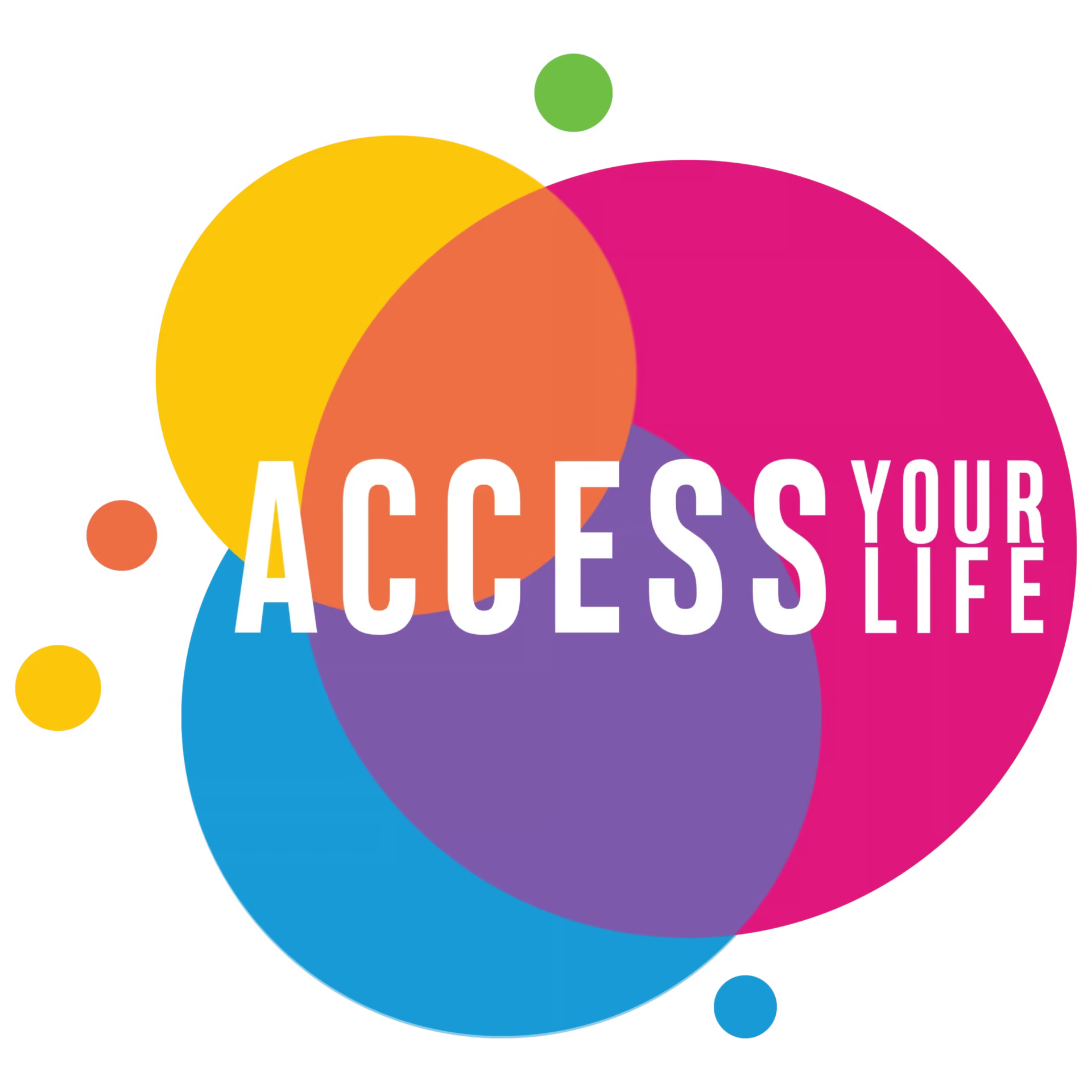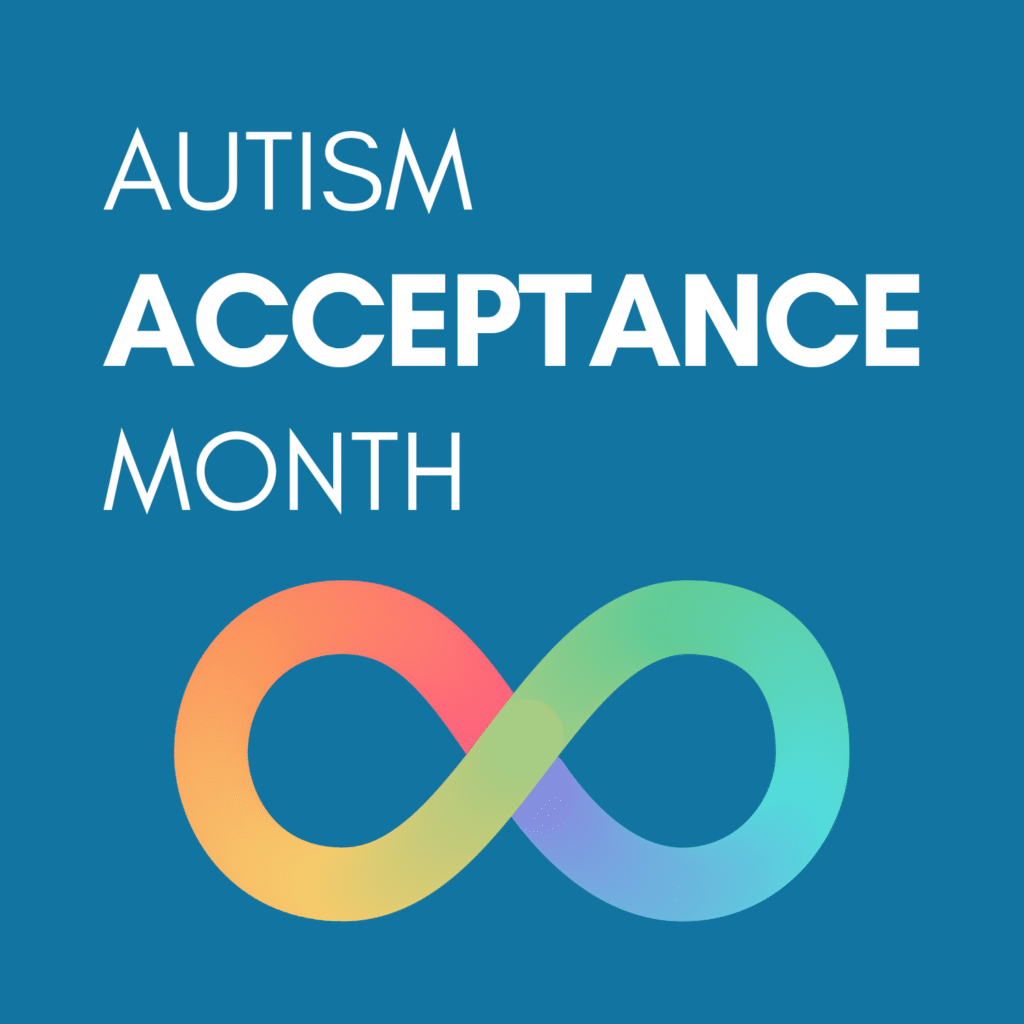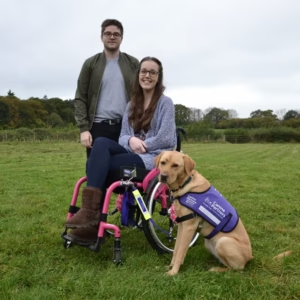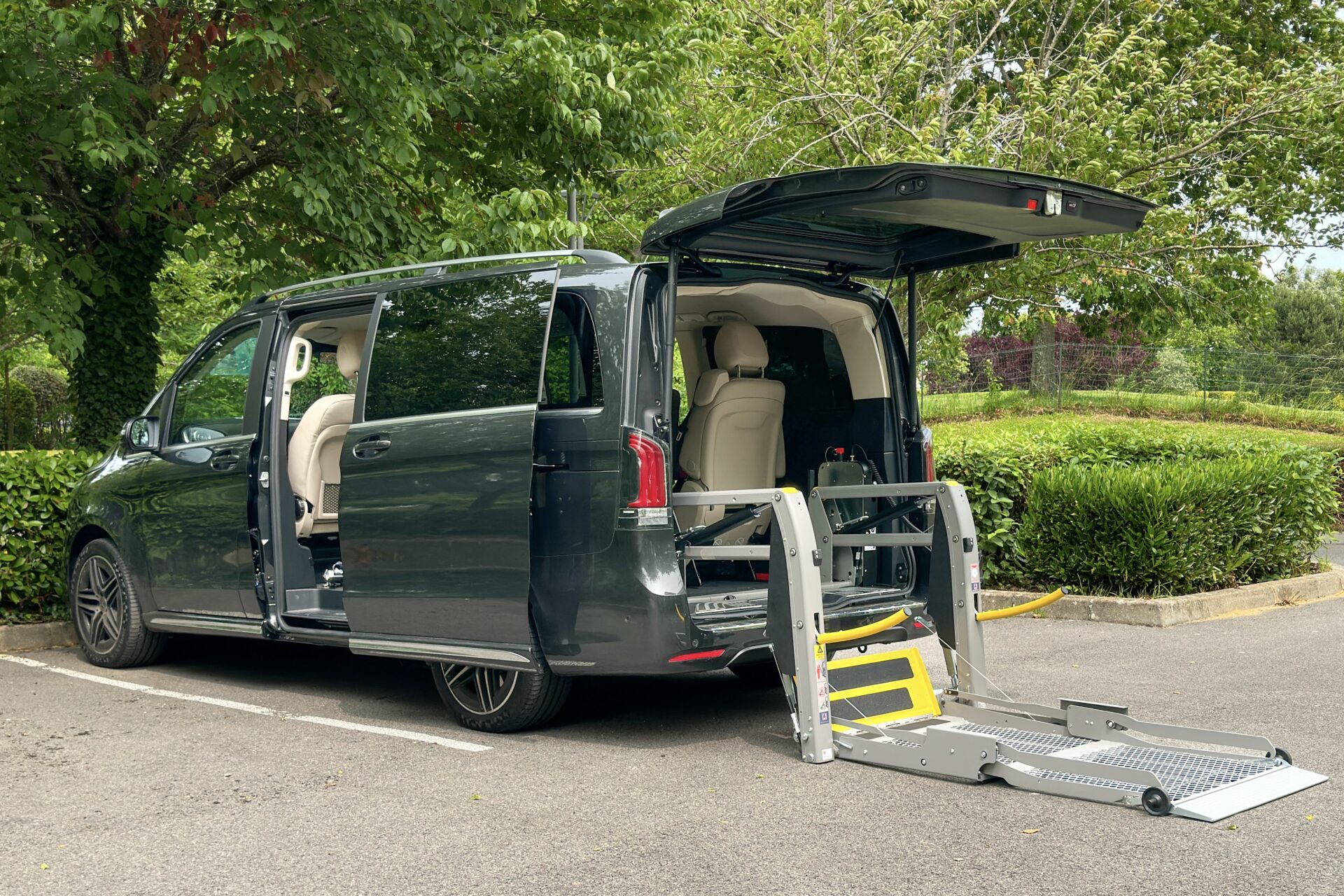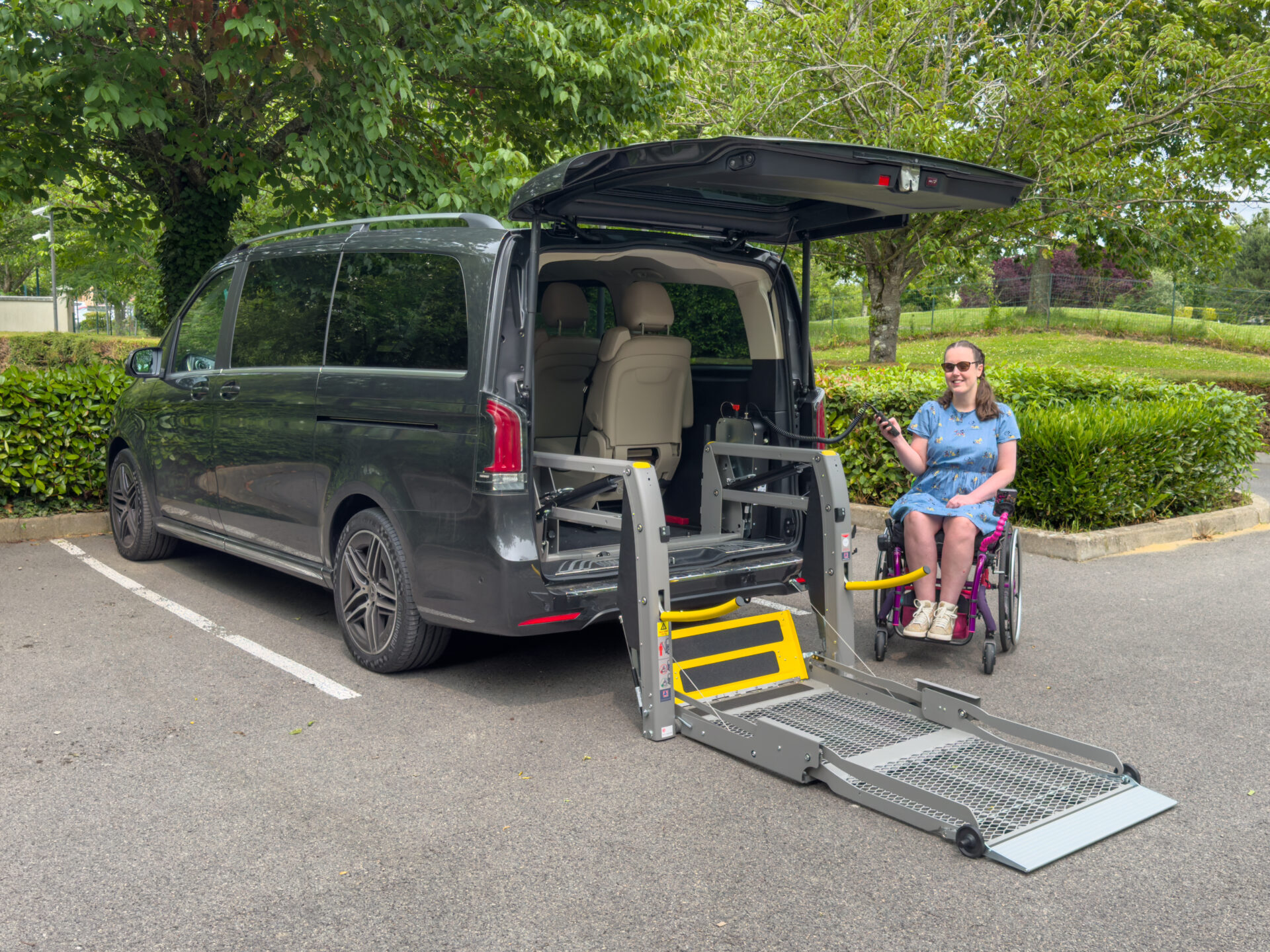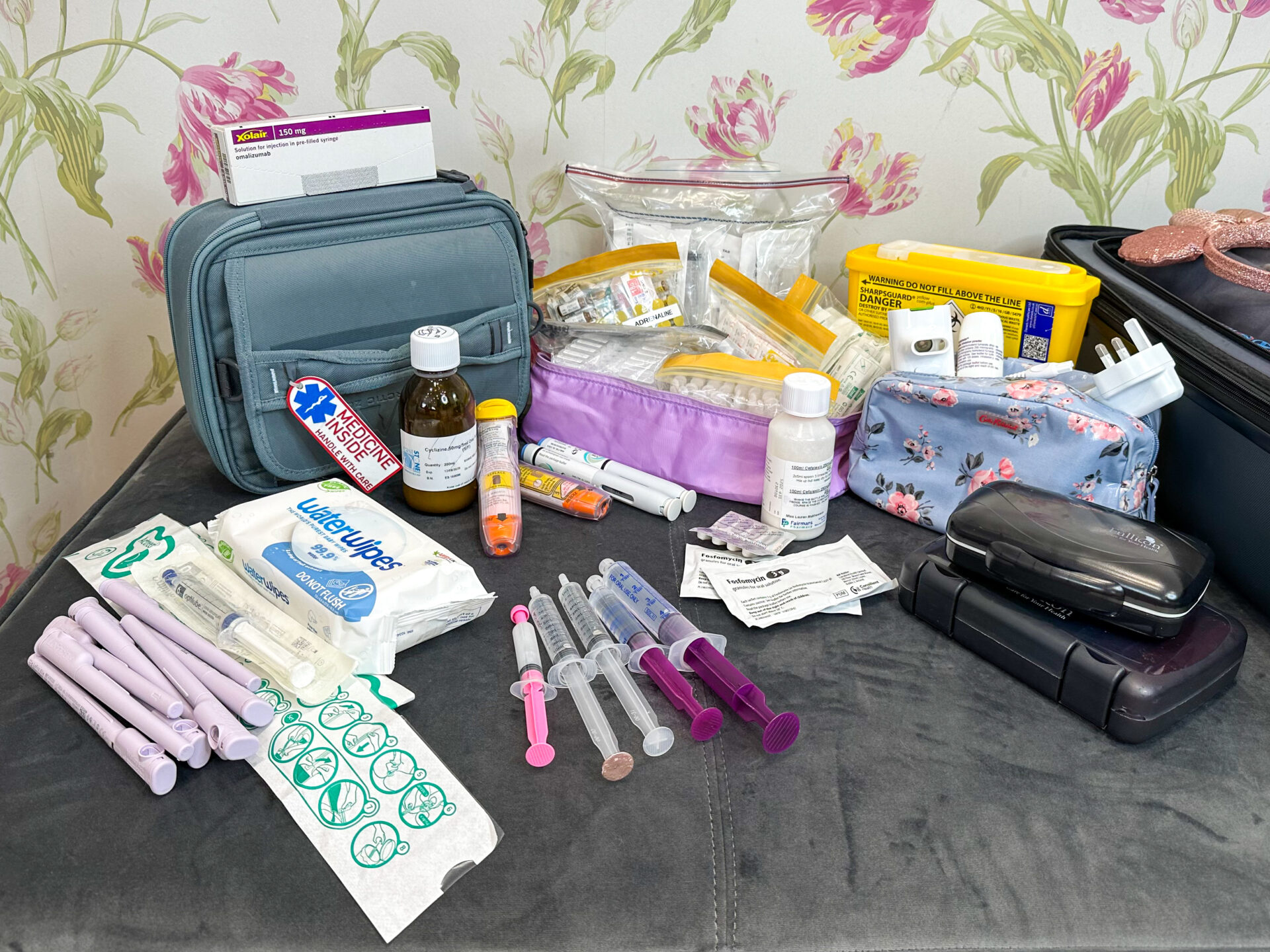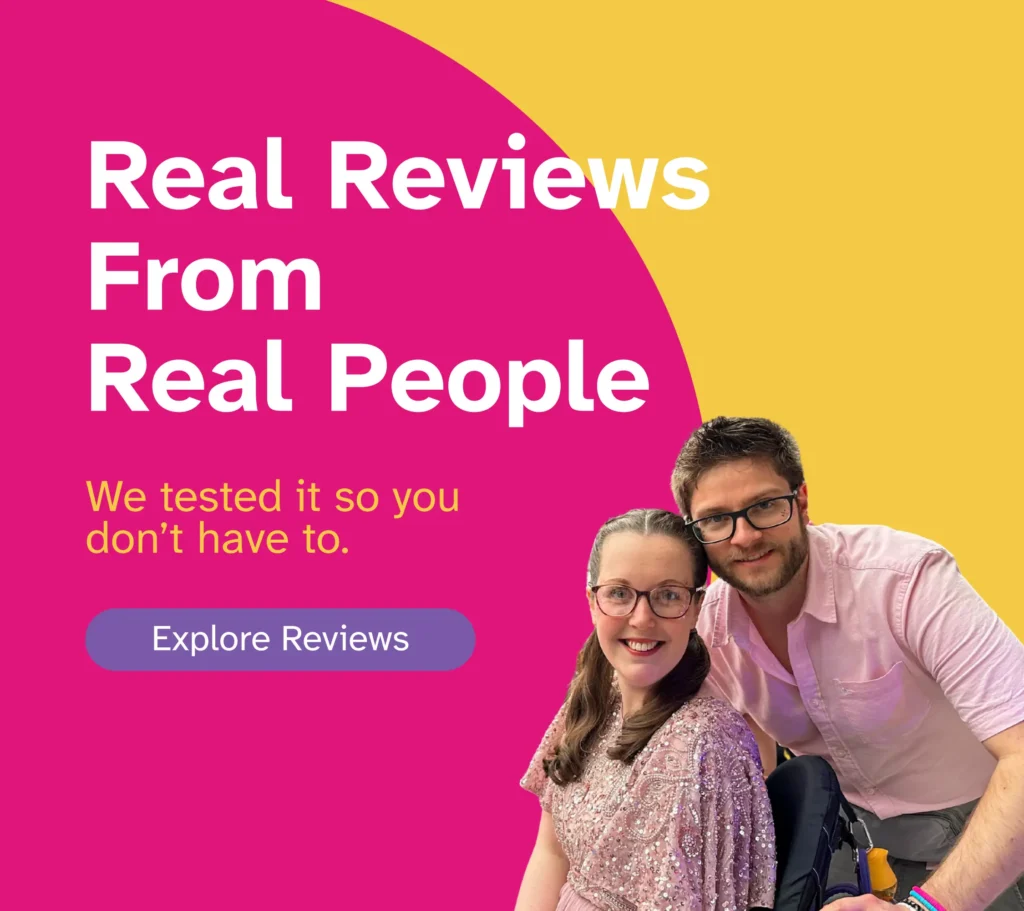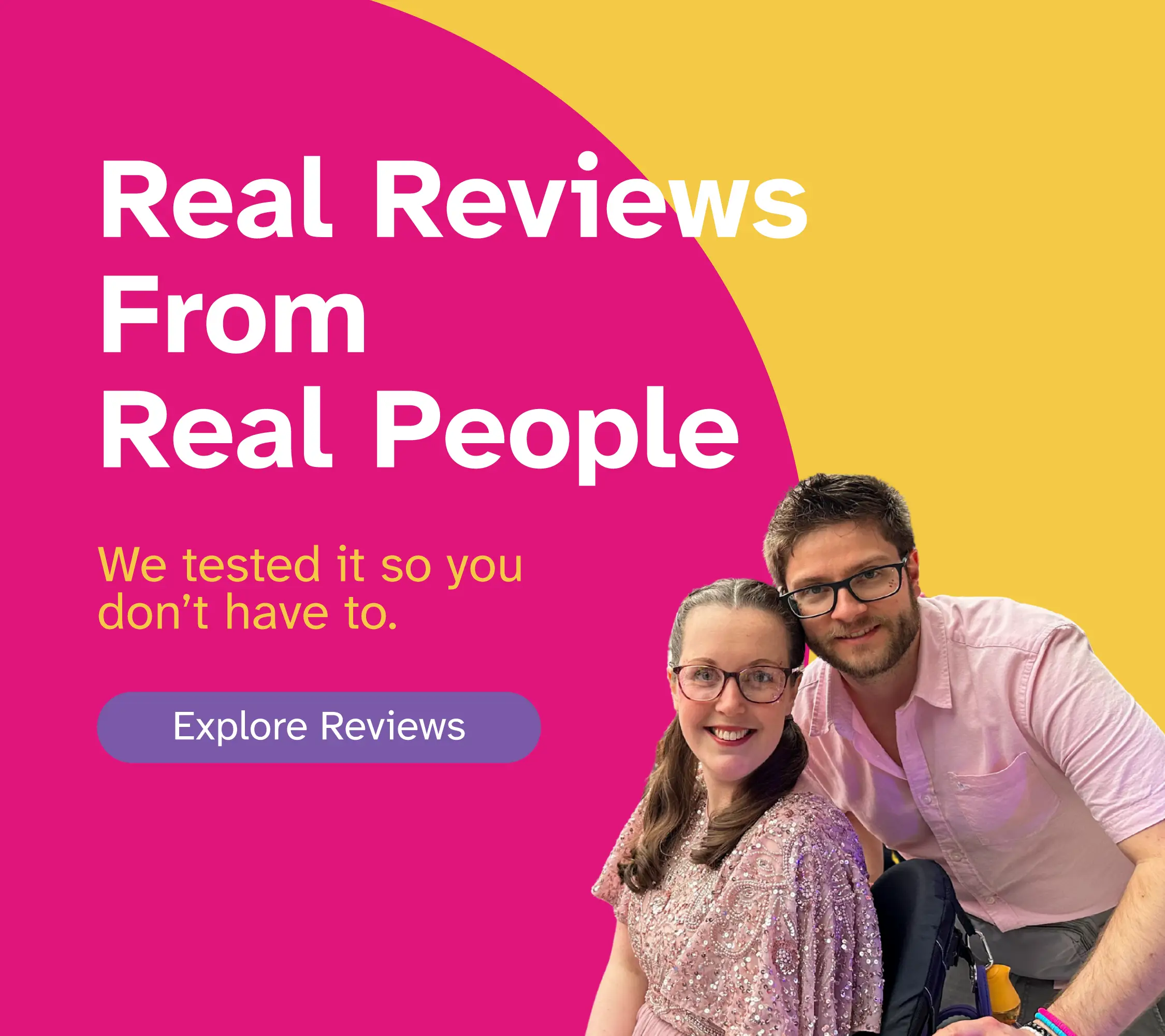Autism Is Not a Dirty Word
Autism is a spectrum, and each autistic individual is unique. Some may be independent, others may require physical or mental support, and many fall somewhere in between. The beauty of autism lies in its diverse manifestations, making it challenging to define precisely.
Despite this, autistic people continue to face significant challenges in our society, as discrimination and lingering stigmas persist. It’s unfortunate that some still cling to the unfounded myth that vaccines cause autism, without questioning why an autism diagnosis is viewed so negatively. Every April, during Autism Acceptance Month, we find ourselves reiterating the same crucial message:
Autism is not a bad or dirty word!
Growing Up Autistic – But Undiagnosed
Growing up, I often sensed that my “weird” behaviours and mannerisms were more than just quirks. I tended to withdraw from social interactions, preferring solitary play with my toys. I frequently escaped into fictional worlds, often disregarding reality—Harry Potter being a notable example. I even had a peculiar habit of hitting my head against the wall for enjoyment.
All these signs pointed to autism, yet those around me remained oblivious, simply labelling me as “that shy, weird kid.”
A Diagnosis at 24
Last year, at 24 years old, I finally received my autism diagnosis. It didn’t faze me at all—in fact, it brought immense relief and made perfect sense. There was finally an explanation for my unique behaviours. I now understand why I am who I am! I’ve never felt shame about my diagnosis, and I still don’t.
While I am fully independent and capable of managing without extra support, I have weaknesses—much like anyone else—though mine often relate to my autism. Sometimes, I feel people don’t believe me when I say I’m autistic, even with diagnostic paperwork to prove it. It’s a sad reality, but no one should have to prove their disability, whether it’s developmental, physical, visual, or invisible.
True Acceptance Requires Change
For autistic individuals to truly thrive—not just survive—society must become more accessible. This change hinges on shifting public perceptions to genuinely understand the reality of living with autism and its broad spectrum. Autism acceptance is more critical and poignant now than ever before.
It’s time to show greater kindness to those with autism, regardless of where they fall on the spectrum. There is nothing to be ashamed of, so please don’t let societal stigmas bring you down.
If you have any questions about living with autism or wish to share your experiences with the AYL community, please feel free to get in touch.
Useful Links
Autism Acceptance Month – Invisible Disabilities: https://invisibledisabilities.org/seminarsandevents/invisible-disabilities-week/
National Autistic Society – World Autism Acceptance Month: www.autism.org.uk/what-we-do/acceptance-and-awareness/world-autism-acceptance-month
Auty Zebra Facebook: www.facebook.com/AutyZebra
Auty Zebra Instagram: www.instagram.com/autyzebra
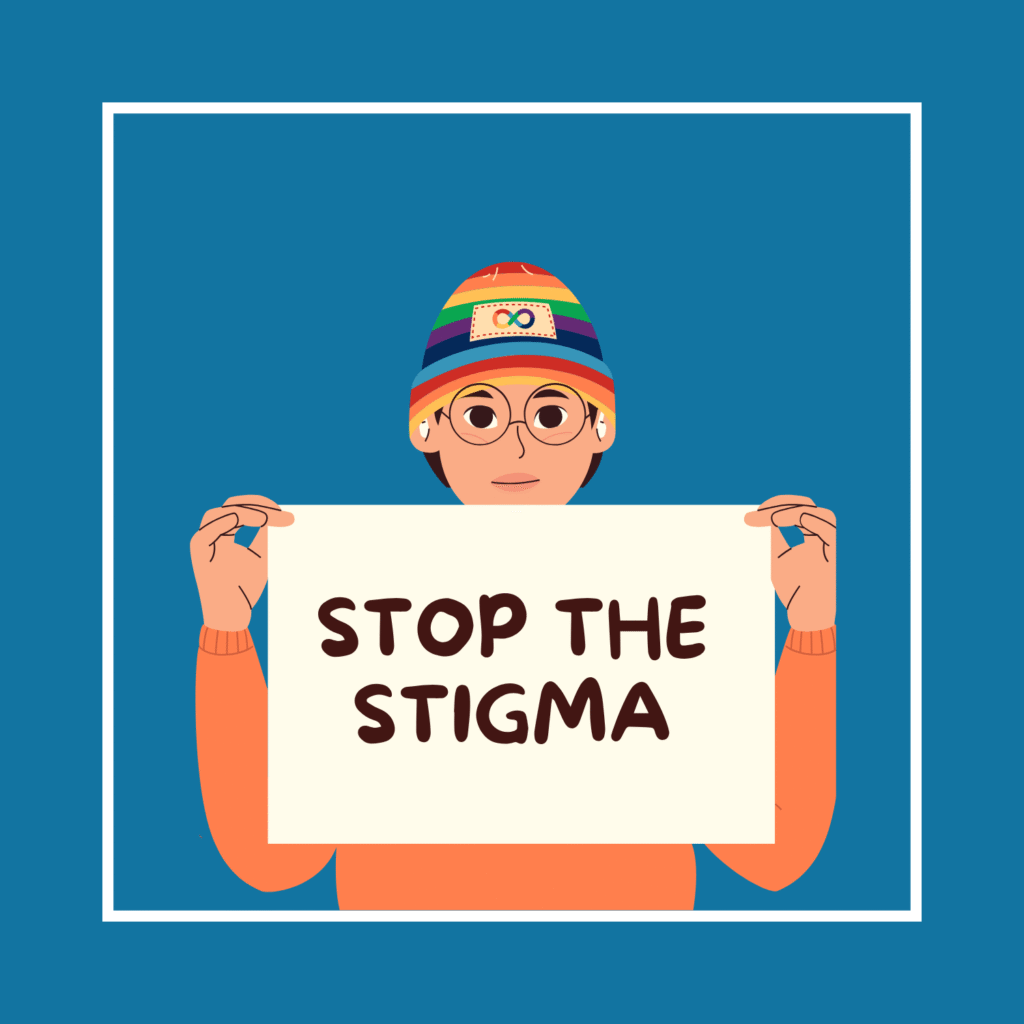

National Autistic Society
Autism awareness is recognising the broad spectrum of autistic experiences, challenging harmful myths, and fostering understanding, acceptance, and inclusion for all.
